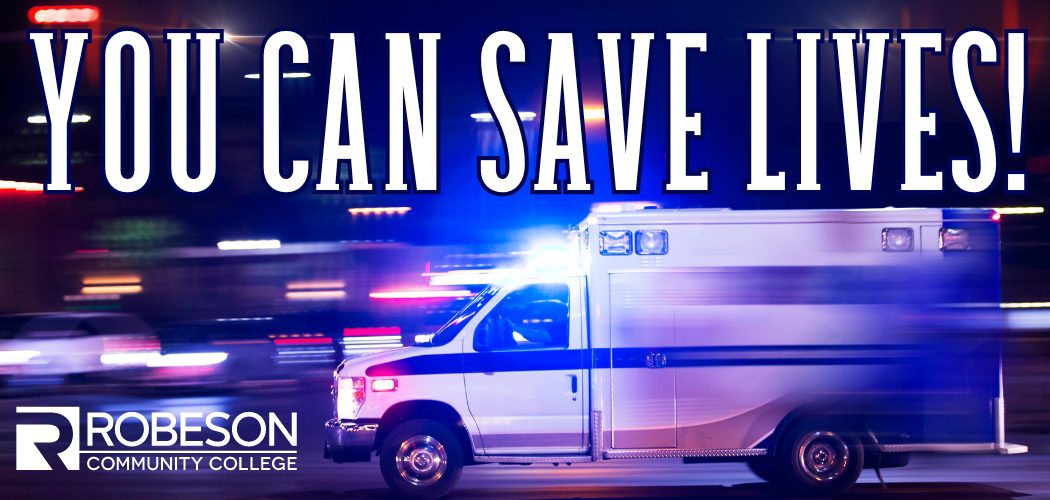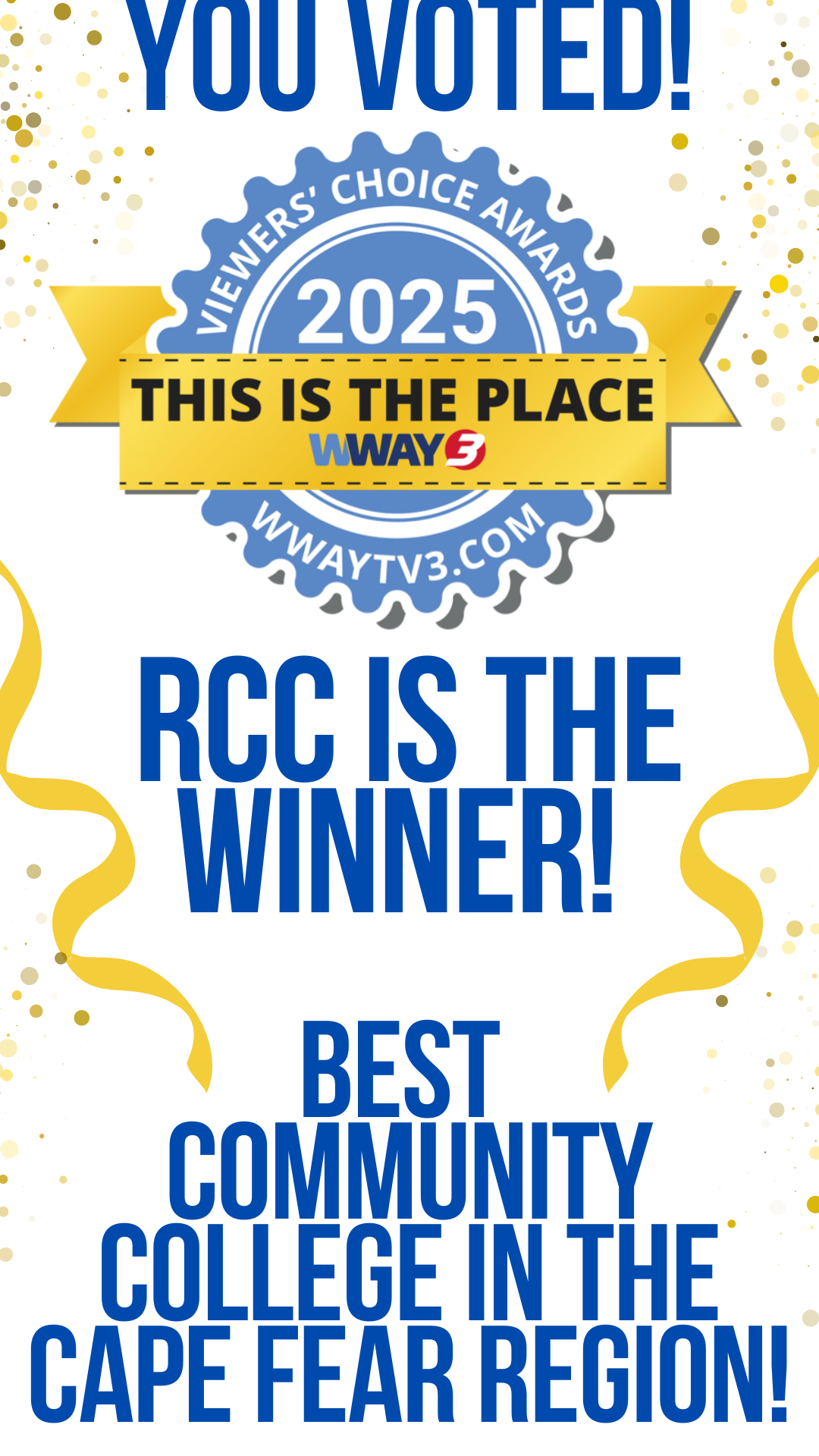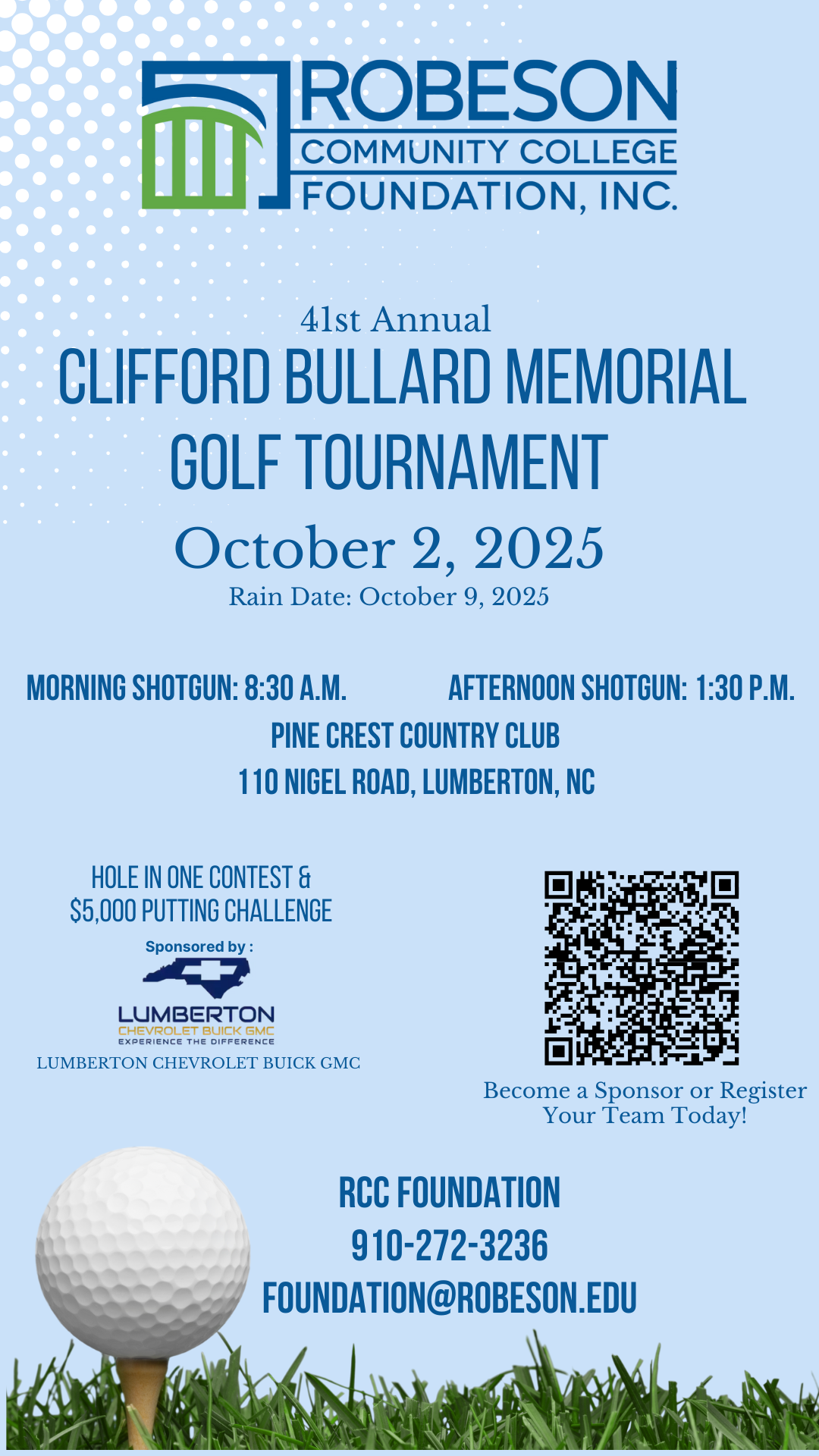Robeson Community College is accredited by the Commission on Accreditation of Allied Health Education Programs (www.caahep.org) upon the recommendation of the Committee on Accreditation of Educational Programs for the Emergency Medical Services Professions (CoAEMSP).
Program Goals:
“To prepare Paramedics who are competent in the cognitive (knowledge), psychomotor (skills), and affective (behavior) learning domains to enter the profession.”
Commission on Accreditation of Allied Health Education Programs
9355 – 113th St. N, #7709
Seminole, FL 33775
(727) 210-2350
www.caahep.org
2023 Annual Report Statistics
NREMT/State Written Exam: 86.7%
Retention: 40.5%
Positive (Job) Placement: 86.7%
To contact CoAEMSP:
8301 Lakeview Parkway
Suite 111-312
Rowlett, TX 75088
(214) 703-8445
(214) 703-8992 FAX
www.coaemsp.org













